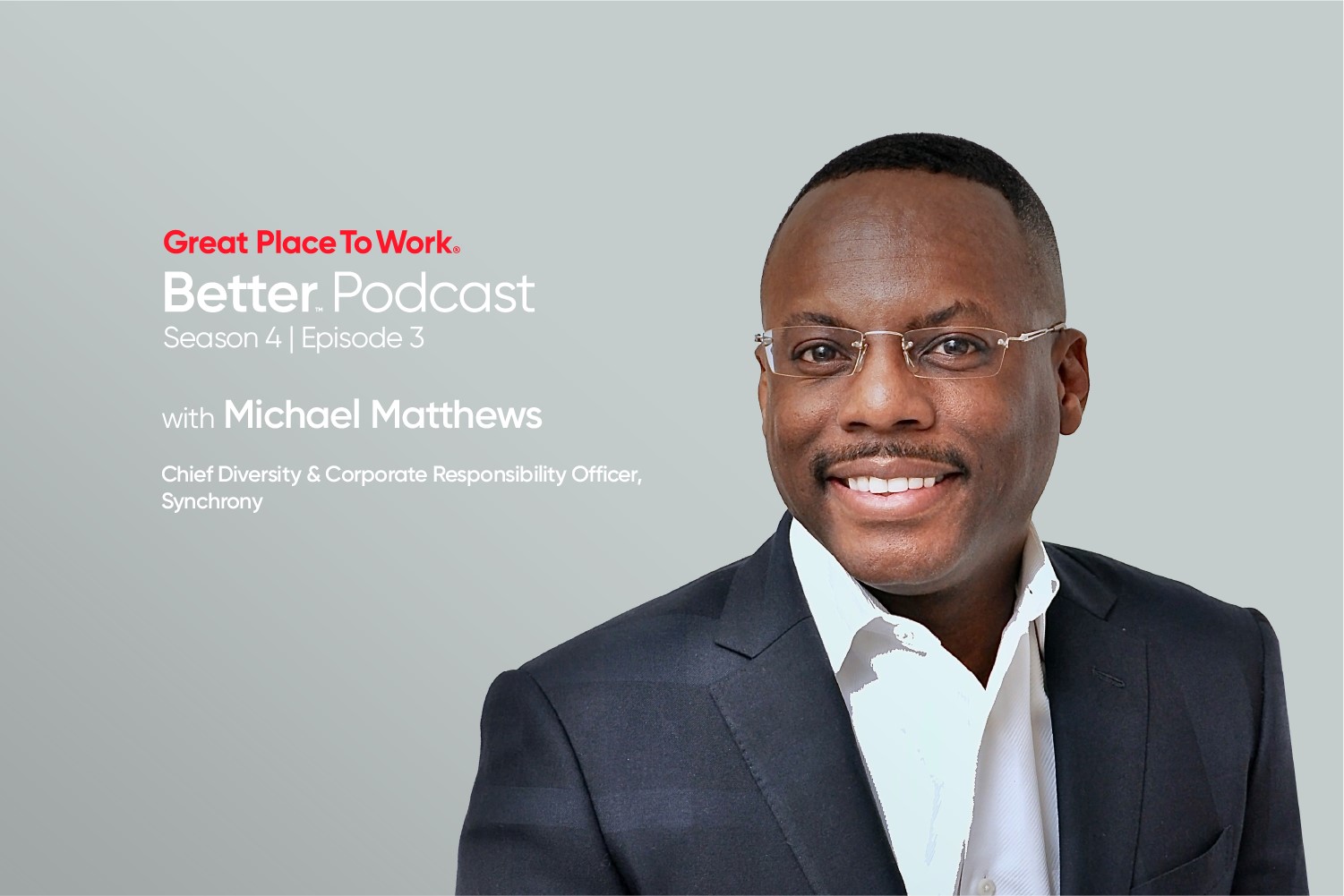
In nearly all my consulting engagements over the two and a half years, at least one member of the C-suite voiced concerns about managing millennial employees.
It’s clearly a hot topic at the top.
Executives are worried about high levels of millennial turnover, and the related disruption to the continuity of their business plans. Some consider it an active threat to the company’s future, especially considering the current business environment in which many industries require people to do more with less.
Studies have shown that millennials are more ambitious than other generations regarding promotions and career advancement, and often will change jobs to achieve promotions faster. In response, many executives try to address the issue of millennial flight by offering more career opportunities, to keep young talent in the organization until they are ready to become leaders.
However, many of these studies were done with millennials who were just entering the workforce. Now, a good number of those millennials are in managerial positions, and our Great Place To Work team has been studying their experience.
The results are striking.
We found that as millennials move up the corporate ladder, their desire to stay in their organization decreases. How can this be? Why is it that one of their key motivations is disappointing once they achieve it? There must be something in the nature of current leadership roles that is not clicking with millennials expectations about being a leader.
Something I have heard from millennials is they receive pressure from their management to lead according to a set of values they do not believe in, and to evaluate their people using management approaches that don’t resonate with them. For example, encouraging presenteeism versus fostering flexibility, hoarding information versus leading with transparency, excluding employees versus involving them, and treating interactions with employees as transactions versus as opportunities to build a stronger relationship.
Looking at our Trust Index© Survey benchmarking, millennial managers also question the level of fairness in their organizations. The perception of favoritism and fairness around promotions score the lowest. I wonder what journey they went through to be promoted, and what they saw that made them question promotions around them. Over the last decade, many companies have transitioned from promoting based on tenure, to promoting based on skills and qualifications. While tenure was a clear and unquestionable criteria, skills and qualifications might seem blurrier, especially considering our human tendency towards social comparison.
Another common complaint is about people feeling they must prove themselves by performing the managerial role functions without the title in order to deserve the promotion. By the time the promotion comes, the person has already been doing the job, disappointing their expectations of the role and the organization.
Millennials will comprise 75% percent of the American workforce by 2025. As they grow into managerial roles, organizations will need to rethink the structure and nature of these roles. Transparency and the ability to have tough conversations will be the key behaviors that will help executives and organizations to sustain their business plans with a stable leadership team, through creating a stronger perception of fairness within their organizations.
Millennial leaders will face new, daunting challenges, one of which will be to navigate through the transformation of the future of work. It’s already affecting us. As artificial intelligence continues to replace jobs, future leadership positions will have different expectations than they have had until now. As technical expertise is being automated, millennial leaders will be valued more for strong people management skills: for example, leading with transparency, being inclusive, and focusing on relationships—all tenets that the younger generation is saying they ascribe to.
Looking at it that way, my advice to millennials would be to hang in there. If the future of leadership lies with them, chances are we will be in good hands.












